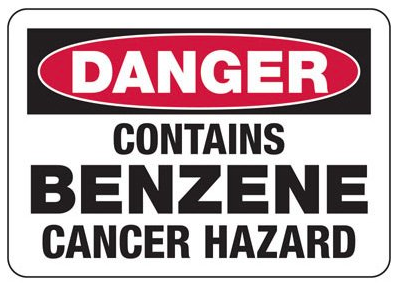
A massive fire at an Intercontinental Terminals Company (ITC) petrochemical plant in Deer Park, Texas took four days to extinguish but is still causing major health and environmental concerns. Tanks containing naphtha, xylene, and pygas caught fire, and air monitoring detected benzene, toluene, other VOCs and particulate matter in the air for a wide radius. On March 27, 2019, the Texas Department of State Health Services issued a warning not to eat fish caught in the Houston Ship Channel, a warning that was echoed by the EPA. Amid the crisis, ITC encouraged residents to submit any claims related to the incident to them; however, in the claims submission process, they included some fine print that stated once payment of a claim had been made, the claimant waived his/her right to sue. In the span of a week, residents of Deer Park and the surrounding areas were bombarded with crucial, and often conflicting, information, which can be exhausting in and of itself.
Watching this unfold via the news in Pennsylvania, it’s easy to watch and think “those poor people,” but also to have a disconnected view because we “don’t know them.” They’re not our neighbors. Texas isn’t culturally the same as Appalachia or Pittsburgh. We may have never even been to the state. But we do know the people who were impacted. They are people who have been impacted by extreme energy extraction, production, and use. They are people whose government is influenced by industry money. They are people who every day live with industry in their backyards, and who are far outmatched dollar-for-dollar by companies. They are people who want clean air and clean water – and more, they want to be able to trust when officials tell them that their air and water are “safe.”
In Appalachia, a massive petrochemical buildout is underway, a buildout meant to protect corporations from the climate change-related risks their infrastructure in the Gulf faces and to help gas and oil companies to hedge against the competition from renewables. This buildout is designed to produce polyethylene pellets that can then be used in plastics manufacturing – when we already have a crisis of plastics pollution. The fracking boom has already been changing our landscape for over a decade: presently, there are 1,696 active unconventional gas (fracking) wells in Washington County and 1,309 in Greene County, but petrochemicals will ensure that even more wells are drilled. The real impacts of this buildout on public health, entire economies, and the environment will be devastating – the petrochemical industry is already devastating many places where people have lived with it for longer than we have even been talking about it. Remember: cheap plastic is not cheap. We cannot breathe or drink money. No matter where we live.
Our allies at Texas Environmental Justice Advocacy Services, a grassroots group, and Earthworks, a national group, have been doing great work to make sure people are informed and safe. Please click the links above to learn more about them and to donate if you can.

